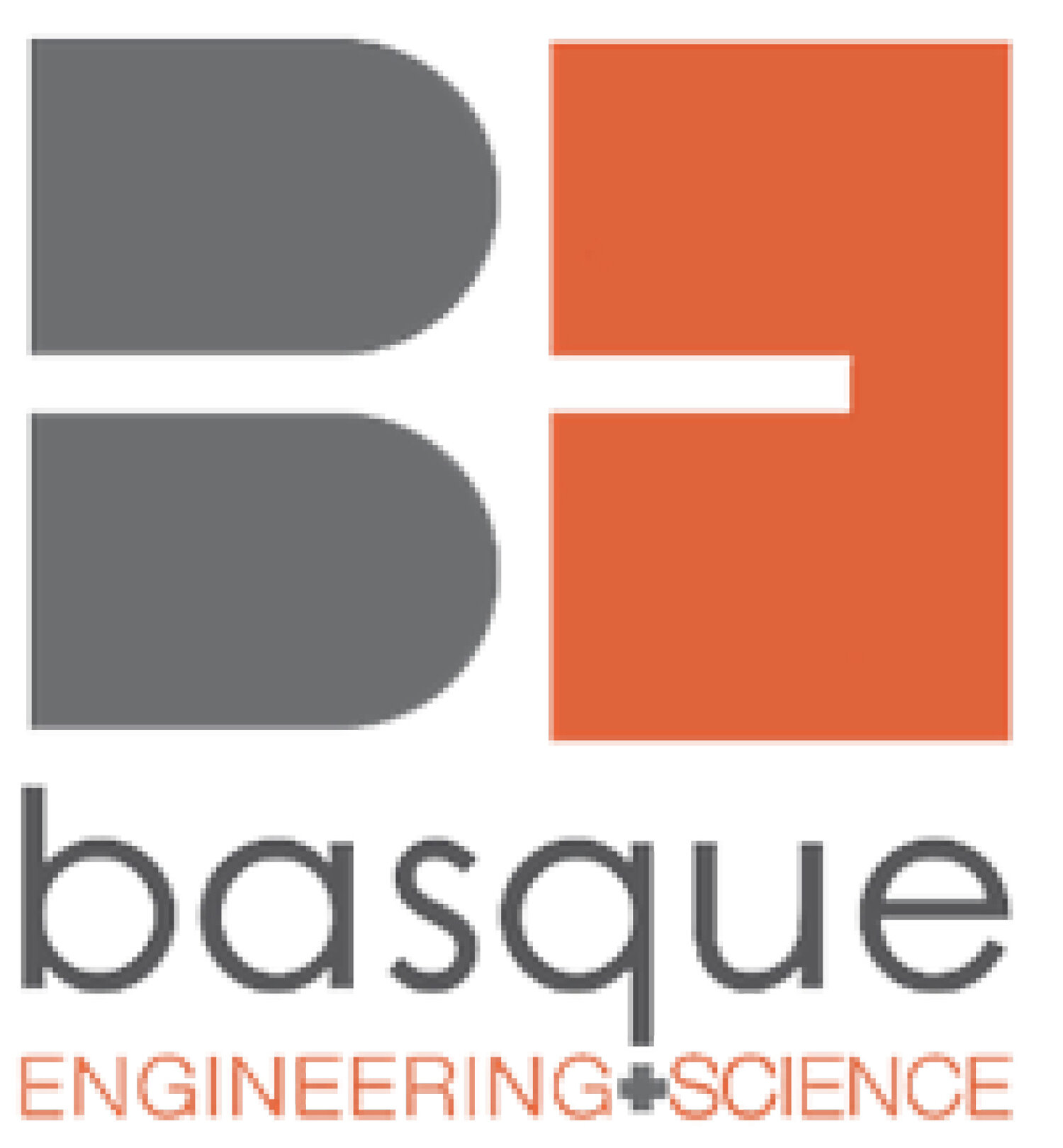
Frozen Aliquotting Applications
Our solutions preserve sample integrity, increase sample utilization and support major R&D initiatives.
VIEW: Wheaton Frozen Tissue Aliquotting
Bioanalysis
As researchers begin to rely more heavily on nucleic acid, metabolite, and biomarker profiles to make diagnostic, prognostic, and therapeutic decisions, biospecimen integrity is becoming more critical. With frozen aliquotting, a wide range of analyses can be performed without exposing samples to harmful freeze-thaw cycles. Testing of frozen aliquots increases sample reproducibility (for improved ISR results) and preserves parent samples for additional testing.
Biobanking
Five to 10% of drug molecules are inherently unstable. Frozen aliquotting of tissue and biofluids stabilizes small molecules and peptides for ADME/Tox and DMPK analysis. Deposit frozen aliquots directly into organic solvent for LC/MS-MS analysis. Frozen aliquotting is compatible with a wide range of sample types including tissue, stool, whole blood, serum, plasma, urine and other biofluids.
Molecular Pathology
More researchers are processing both fresh frozen and FFPE tissue. Frozen tissue avoids chemical cross-linking and enables analyses that are not compatible with FFPE. With frozen aliquotting, researchers can easily store and test frozen tissue without repeated freeze-thaw cycles.
More Molecular Pathology information
Microbiome
Analyze nucleic acids, proteins and metabolites from frozen aliquots. Frozen aliquotting of fecal samples ensures the stability of the molecular profile, improving data quality and decision-making.
“Our top priority is to preserve the quality and integrity of biospecimens while maximizing the utility of precious samples. The CryoXtract CXT 353 enables us to conserve several sample types without detrimental freeze/thaw cycles.
The ability to extract cores from areas of interest is of paramount importance when comparing tumor and no-tumor adjacent tissue within the same specimen.”
- Meghan Krichhoff, Pathology and Biorepository Core, Van Andel Research Institute

